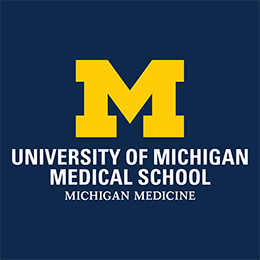An orthopaedic surgeon is trained in the preservation, investigation and restoration of the form and function of the extremities, spine, and associated structures by medical, surgical, and physical means.
An orthopaedic surgeon is involved with the care of patients whose musculoskeletal problems include congenital deformities, trauma, infections, tumors, metabolic disturbances of the musculoskeletal system, deformities, injuries, and degenerative diseases of the spine, hands, feet, knee, hip, shoulder, and elbow in children and adults. An orthopaedic surgeon is also concerned with primary and secondary muscular problems and the effects of central or peripheral nervous system lesions of the musculoskeletal system.
Residency Training
- Duration of training: Five years
- Number of programs nationally: 152
- Number of entering residency positions per year: 601
- Type of Match: NRMP
- Overall Competitiveness: High
Fellowships
- Sports
- Hand
- Pediatrics
- Oncology
- Spine
- Trauma
- Joint Replacement
- Foot and Ankle
Primary Faculty Contact for Scientific Trunk
Dr. David Walton
waltd@med.umich.edu
734.998.6541
Medical Student Interest Group
M2 contact person:
Allan Metz
akmetz@med.umich.edu
Shadowing or Mentoring Experiences Available for Scientific Trunk
Dr. David Walton
waltd@med.umich.edu
734.998.6541
Resources
American Academy of Orthopaedic Surgeons
Suggested Journals, Books & Information for Interested Students
- Journal of Bone and Joint Surgery
- Essentials of Musculoskeletal Care, published by AAOS
- Orthopaedic residency websites
